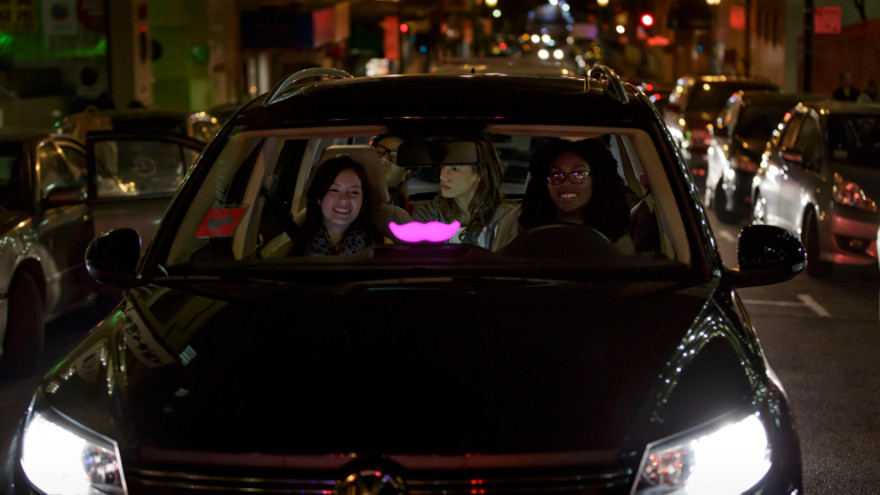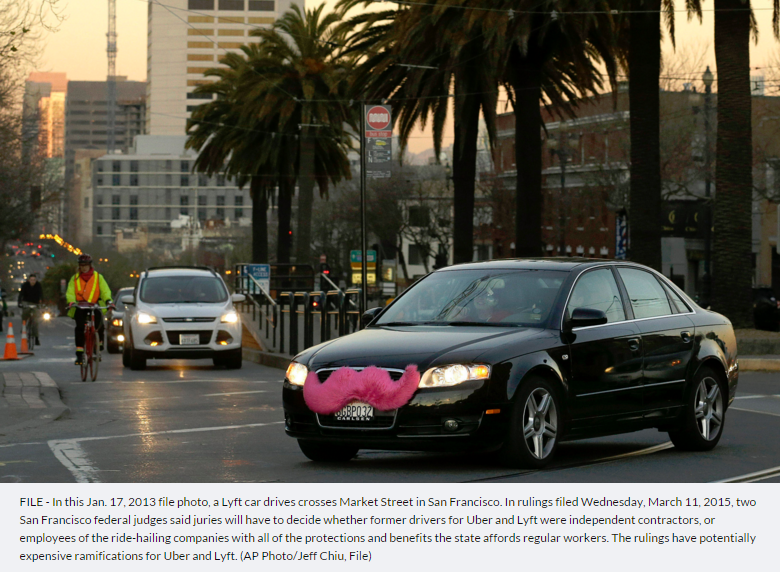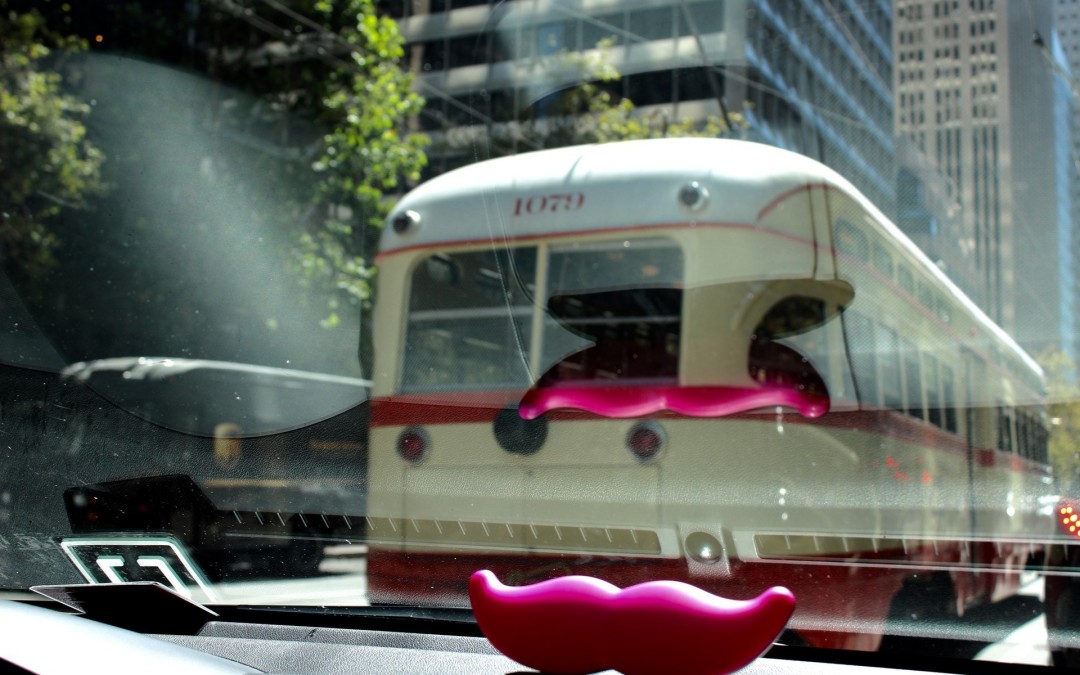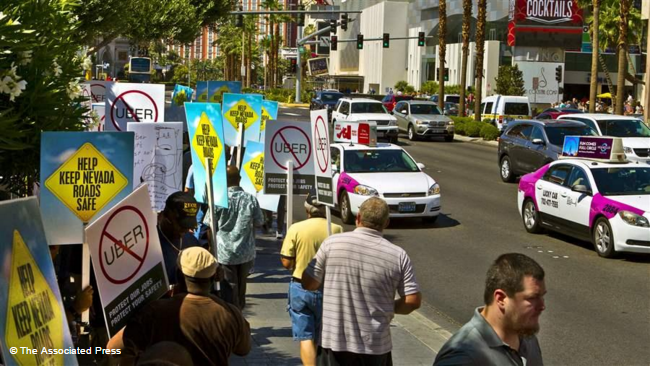
by Innovative Mobility Research | Feb 12, 2016 |
By: KATHLEEN BURKE Jan 5, 2016 he concept of car ownership is shifting gears. General Motors , invested $500 million in ride-hailing company Lyft on Monday, saying in a statement that it was planning to develop a ride-hailing service with self-driving vehicles. John Zimmer, president and co-founder of Lyft, said in the statement that the aim of the partnership was to redefine car ownership by developing new transportation services. With this announcement, GM joins Ford and other automobile makers that have combined forces with Silicon Valley companies to develop self-driving technology. The deal also allows GM to get involved in the rapidly growing ride-hailing industry by providing short-term rentals to Lyft drivers who don’t own cars. To read the rest of the article,...

by Innovative Mobility Research | Feb 11, 2016 |
By Neal Augenstein December 11, 2015 WASHINGTON — The explosion of alternative transportation services — including car sharing, bike sharing and transportation network companies including Uber and Lyft — tend to benefit some users, and make it more difficult for others, according to a new report from the National Academies of Sciences, Engineering, and Medicine. In its study, “Between Public and Private Mobility: Examining the Rise of Technology-Enabled Transportation Services,” the group says regulation of the services often varies greatly across geographic areas, and lacks consistent policies that encourage competition between new and traditional transportation, such as taxis. To read the rest of the article,...

by Innovative Mobility Research | Feb 10, 2016 |
By Bryan Goebel December 7, 2015 Photo: Ericka Cruz Guevarra/KQED Despite all the buzz about how ride services such as Uber and Lyft are “revolutionizing” urban transportation, very little data have been available to show just how they might be changing driving habits in the Bay Area or California. How many people are ditching their cars and taking Lyft? How many transit riders are using Uber to get to and from a train or bus? Are some leaving transit altogether? Are ride services contributing to congestion, and how are they impacting the environment? “As a transportation policy person, right now I’m agnostic with these modes about whether they’re quote ‘good or bad’ for the city,” said Timothy Papandreou, director of innovation for the San Francisco Municipal Transportation Agency. “Until we find out the data, we can’t really have an opinion.” Read the rest of the article...

by Innovative Mobility Research | Feb 9, 2016 |
November 24, 2015 By Sophie Quinton For two days this month, taxi drivers didn’t pick up any weary travelers leaving Mineta San Jose Airport. Instead they drove past, honking, and hoping their strike would persuade city leaders to make ride-hailing companies such as Uber and Lyft follow the same rules as taxi companies at the airport. “Either the city should deregulate us completely, like them … or regulate them at least closer to us, and let there be fair business competition,” said Kirpal Bajwa, a taxi driver and union leader. Ride-hailing companies, which connect paying passengers and drivers through a mobile app, deliver rides like a taxi service. But they’re not taxi companies, and states and cities are beginning to regulate them differently. To read the rest of the article,...
by Innovative Mobility Research | Feb 8, 2016 |
by KEITH WAGSTAFF NOV 13 2015, 5:32 PM ET Do ride-hailing services such as Uber and Lyft help reduce fossil fuel emissions? That is what a new study aims to find out. Researchers from UC Berkeley’s Transportation Sustainability Research Center and the National Resources Defense Council (NRDC) announced the joint project on Friday. “Some hypothesize that on-demand rides encourage people to leave their own cars at home or even get rid of them altogether,” Amanda Eaken, the NRDC’s deputy director of urban solutions in San Francisco, wrote on the organizations’ blog. To read the rest of the article,...





